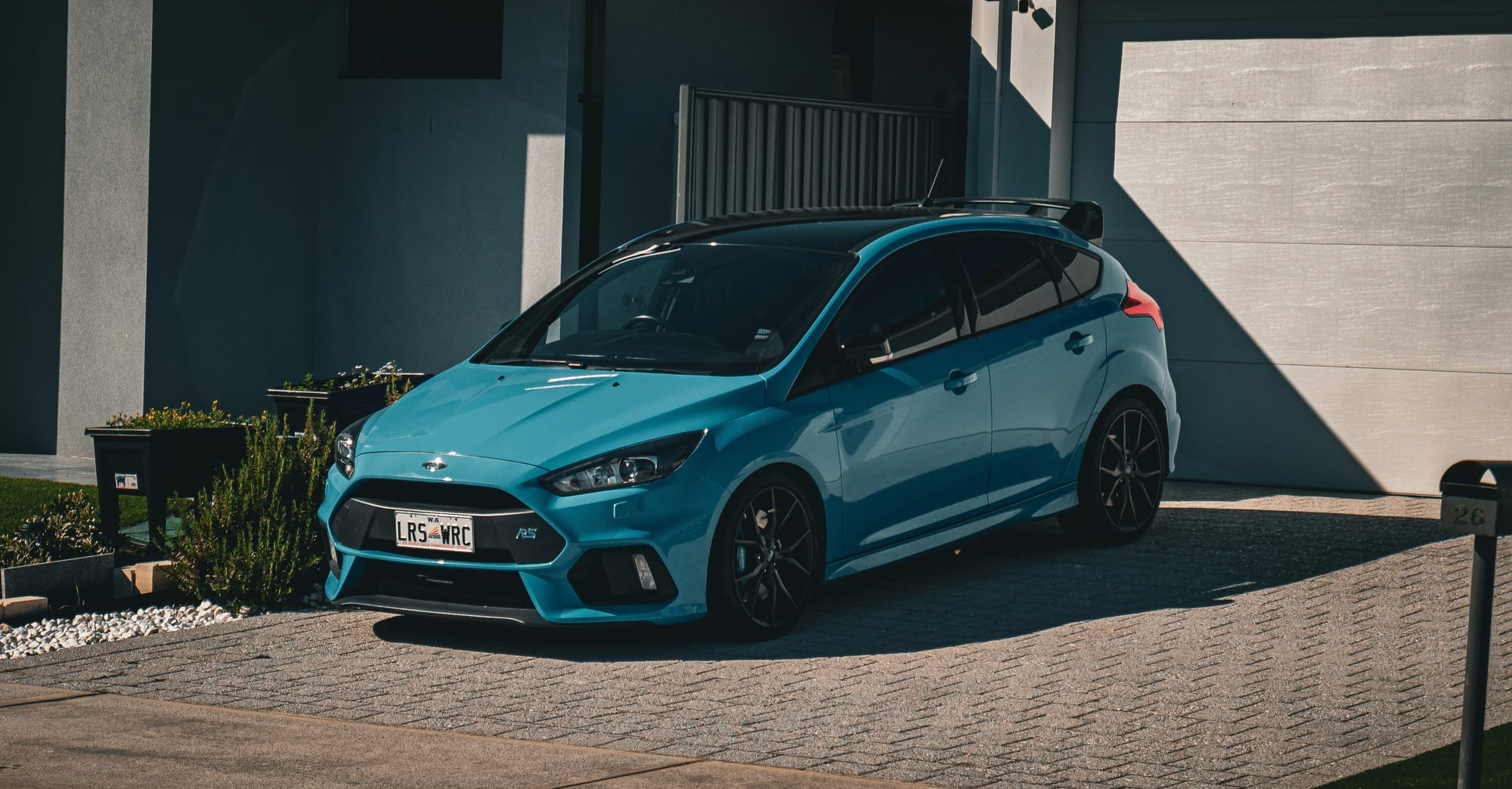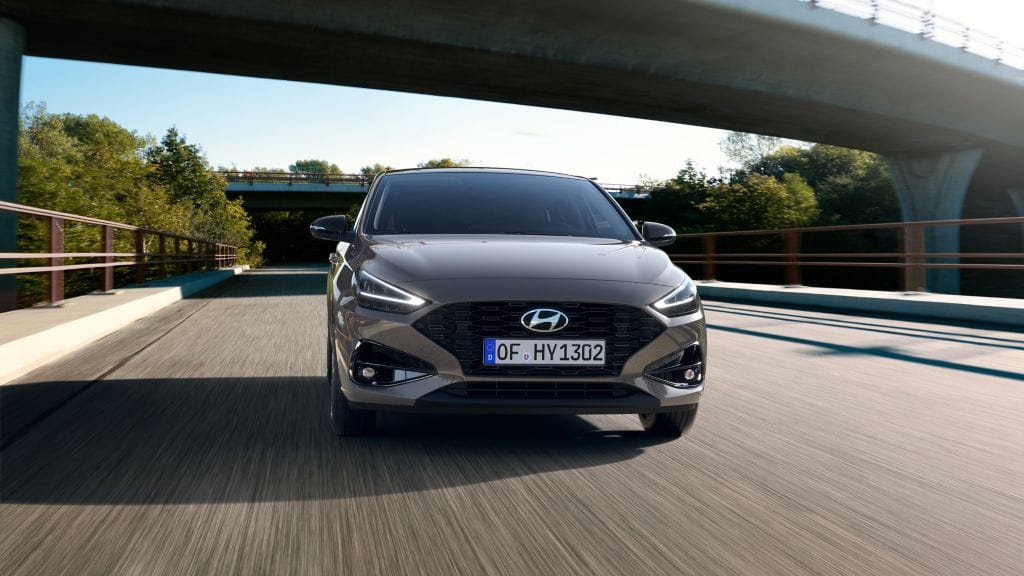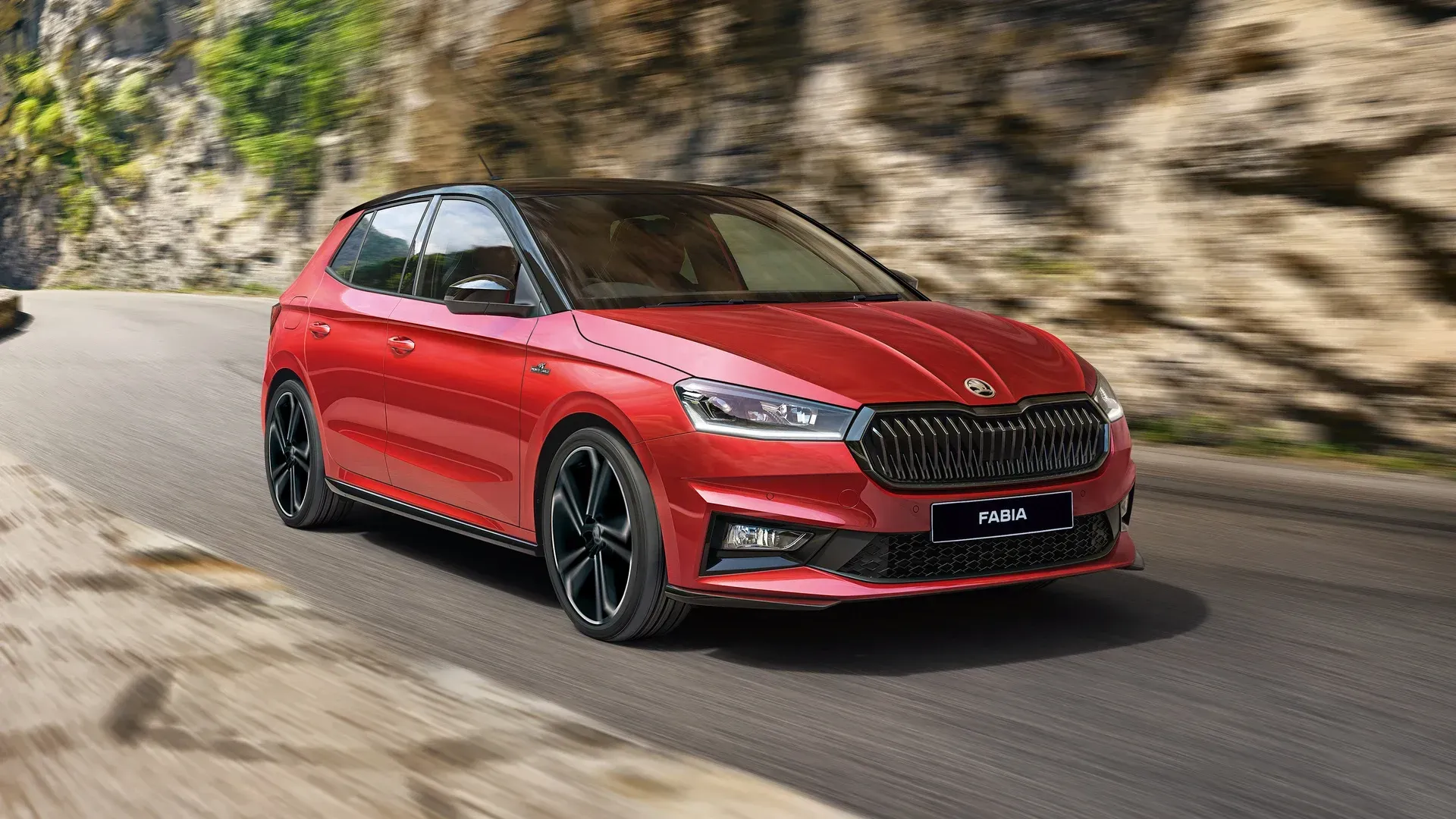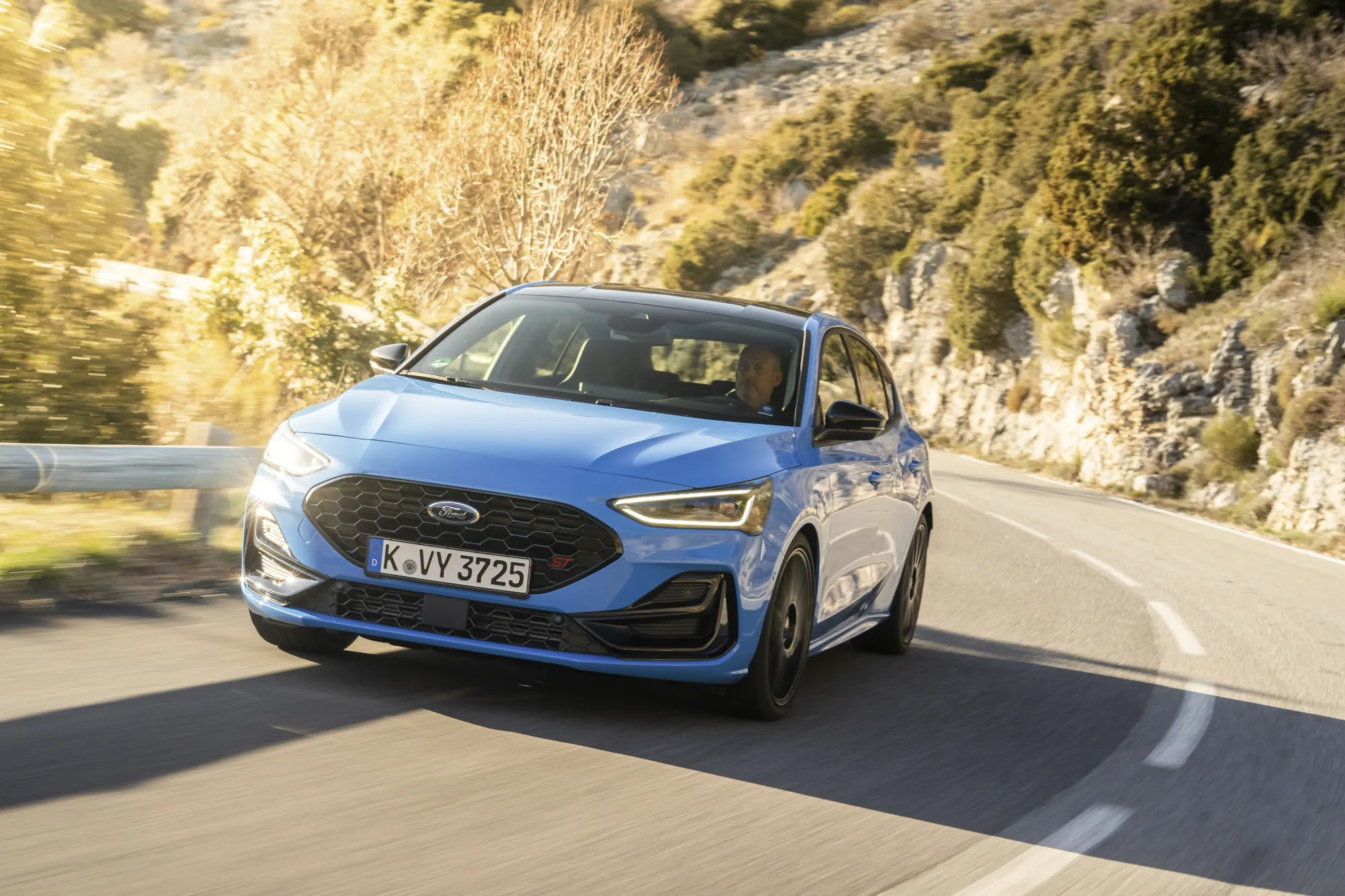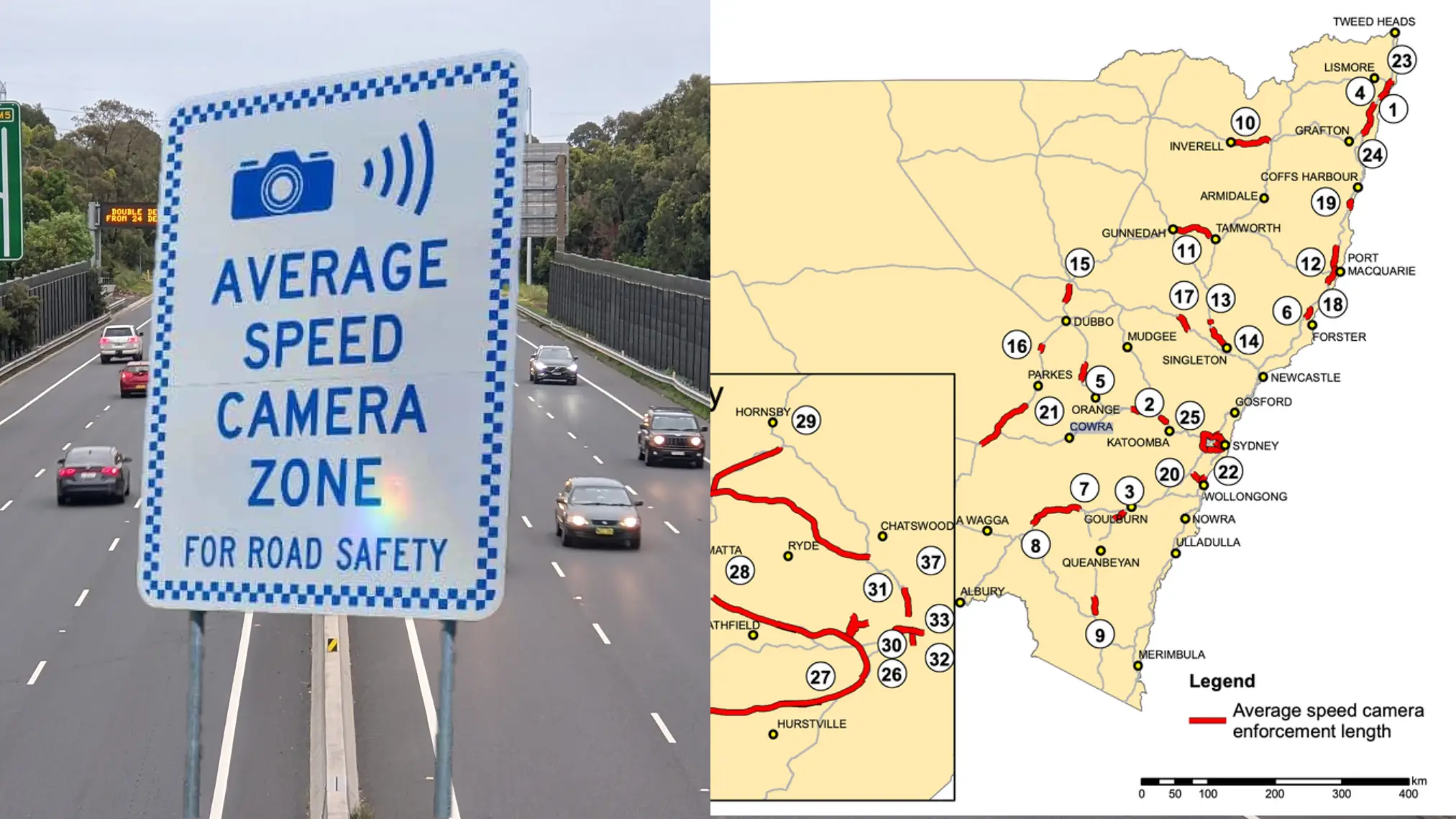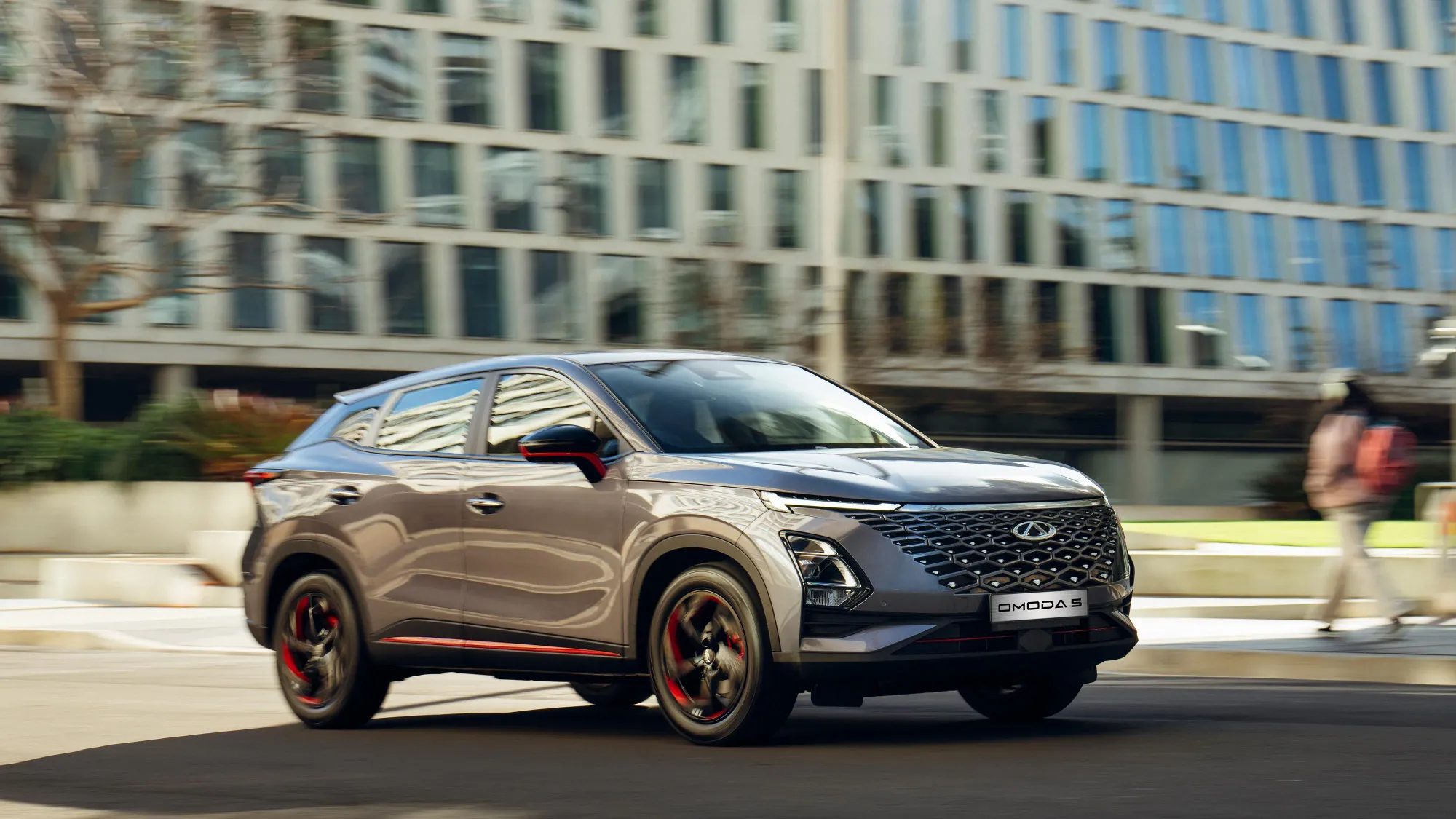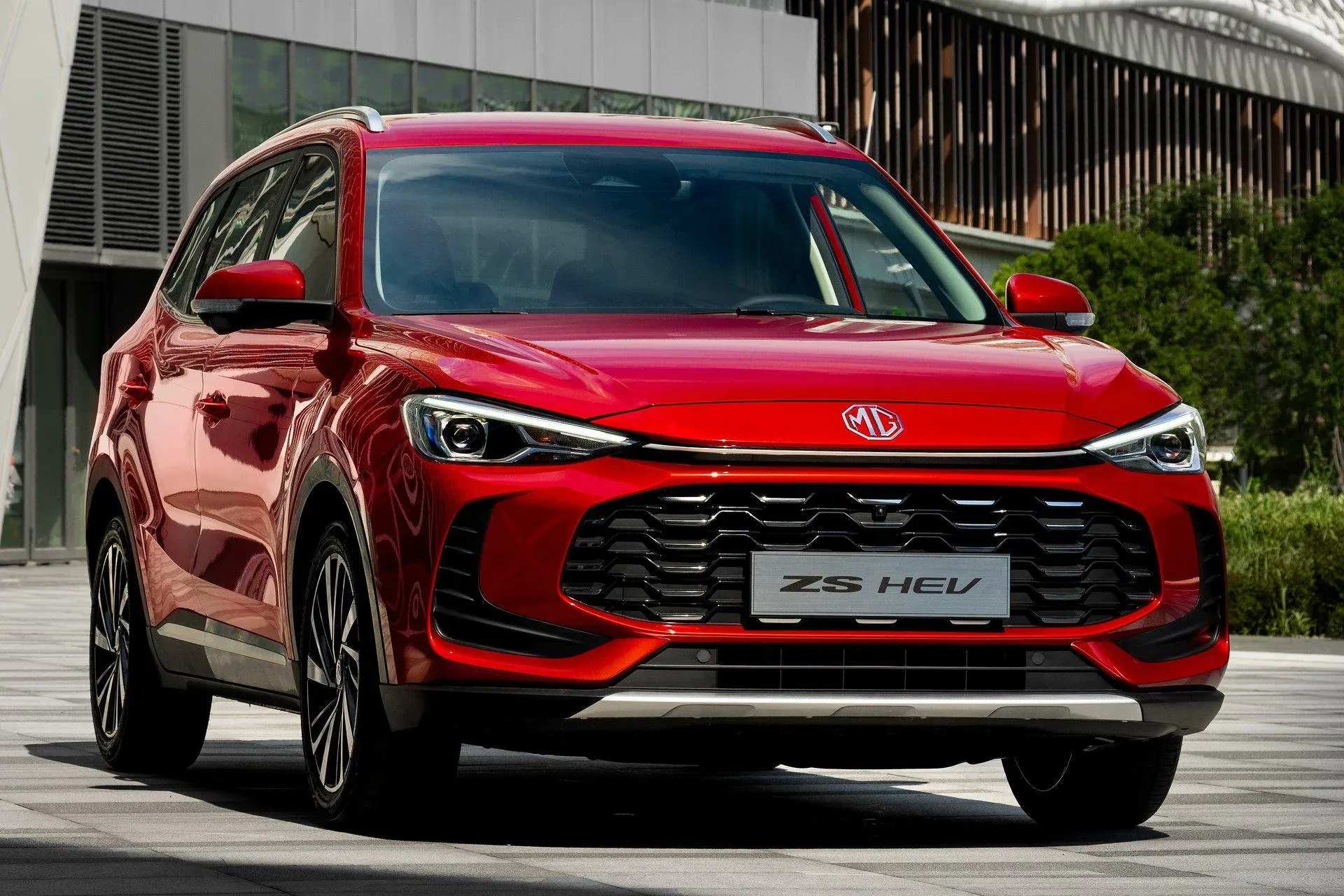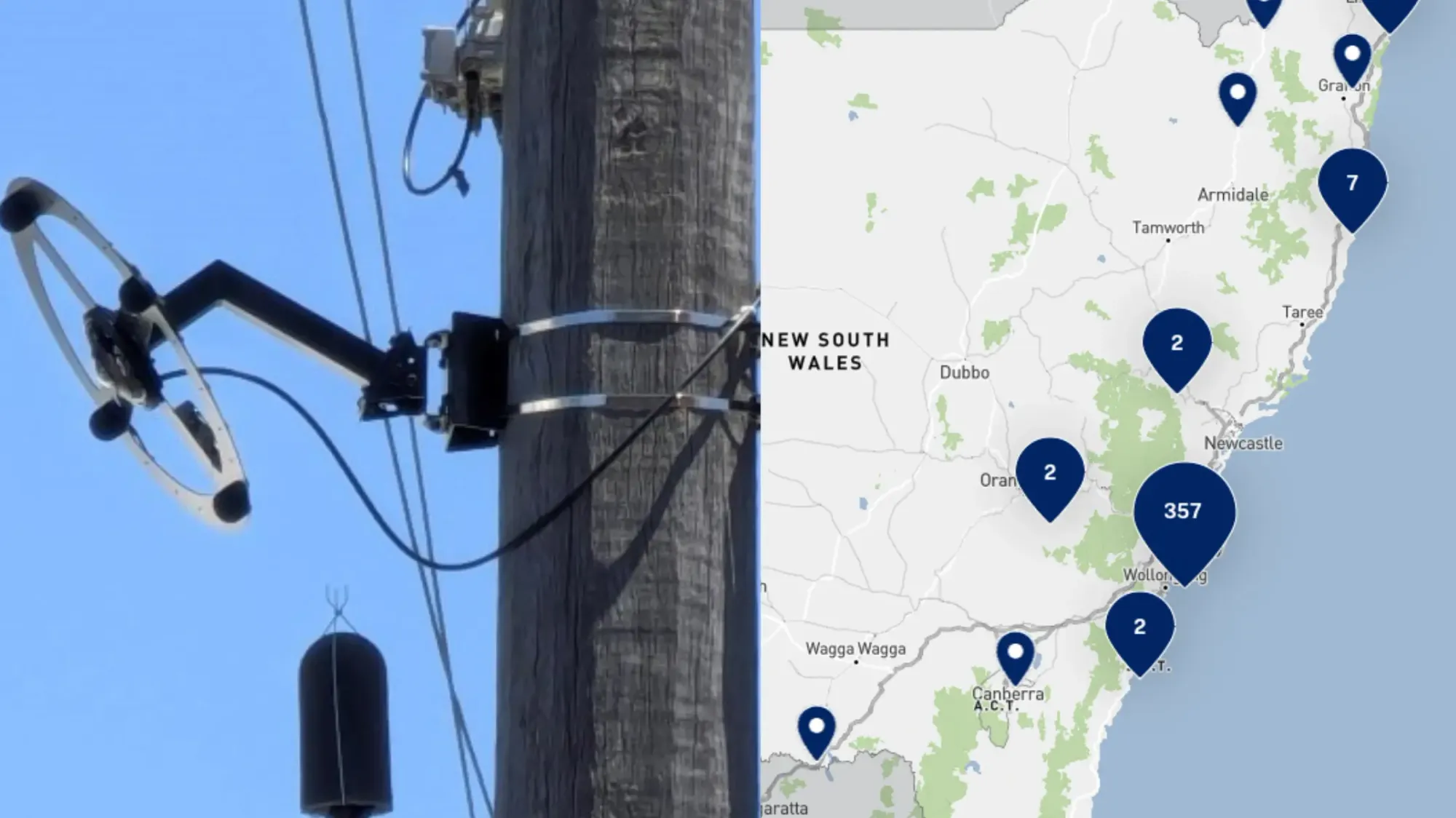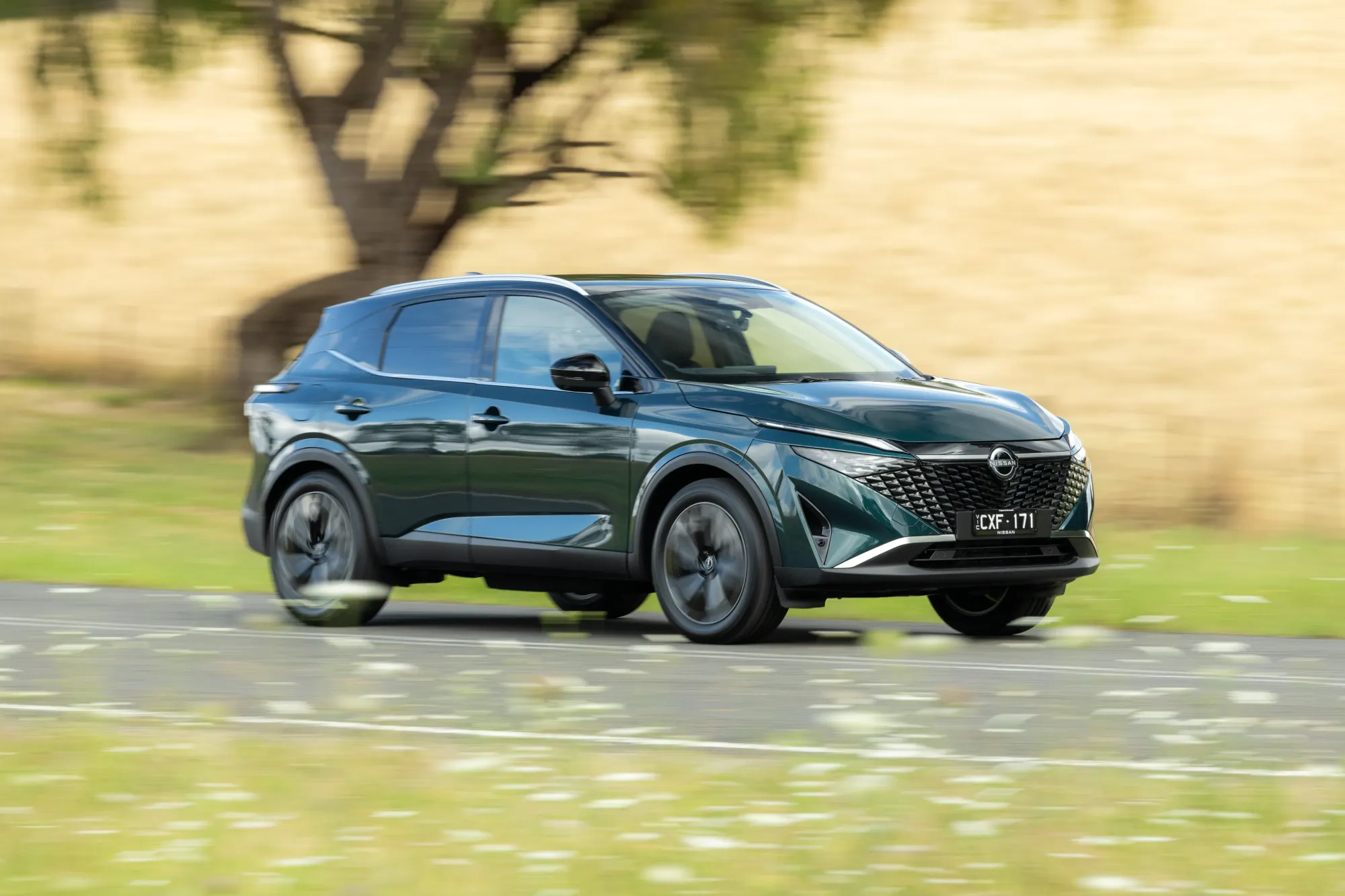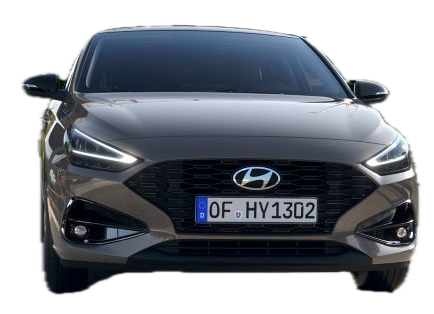
Summary
Hyundai has given its popular i30 line a series of updates for 2025, reshuffling the range and offering distinct Hatch and Sedan line-ups. The Hatch trades in base-spec models for a sportier N Line focus with a new 1.5-litre turbo mild-hybrid engine, while the i30 Sedan retains a broader variety of trim grades including a new hybrid option.
Whether you’re after a sporty warm hatch, a more spacious “small” sedan, or an all-out performance variant in the i30 N, the updated range covers a wide spectrum. Prices have generally crept upwards, but the i30 remains a key player among small cars, combining comfort, decent tech, and Hyundai’s well-regarded local tuning.
Pros & Cons
Pros
- Broad range: from entry-level Sedan to turbo Hatch, plus the hot i30 N
- Cabin comfort and design, especially in top trims
- Sporty handling in N Line, serious performance in N
- Well-priced base Sedan that’s quite roomy
Cons
- Hatch range lost cheaper variants, raising the entry point
- Some outdated infotainment elements in base specs
- DCT can be clunky at lower speeds in the Hatch
- Annoying default speed limit warnings
Specs
- Body Style: Small hatch (N Line, N) and sedan (base, Elite, Hybrid, N Line, Premium, N)
- Platform: Hyundai-Kia K3
- Launched: 7th-gen i30 family introduced 2020, updated for 2025
Engine Options:
- 1.5-litre turbo four (117kW/253Nm, mild hybrid, Hatch N Line)
- 2.0-litre naturally aspirated four (110kW/180Nm, Sedan base)
- 1.6-litre hybrid (Sedan)
- 2.0-litre turbo four (150kW/265Nm, Sedan/Hatch N)
2025 Hyundai i30 Pricing
(Before on-road costs unless stated otherwise)
Starting at $29,000.
Hatch Pricing
N Line & N range only
Sedan Pricing
Wider range from base model to N
Use our Drive-Away Price Checker for real-time estimates based on location.
Want a deal on a new Hyundai i30?
Find me a dealInterior & Features
Hatch (N Line, N)
- Sportier cockpit with N- or N Line-specific seats, red or blue stitching, and a driver-oriented dash
- Touchscreen sizes vary (8.0- or 10.25-inch) depending on trim, featuring Apple CarPlay/Android Auto
- N Line Premium adds heated/ventilated seats, panoramic roof, larger infotainment
Sedan (base → Premium, plus N)
- Even base models get wireless CarPlay/Android Auto and a wireless charging pad
- Higher trims add leather seats, bigger screens, dual-zone climate, plus a host of advanced safety/tech
- N models incorporate sport seats, unique steering wheel, and performance readouts
Engine & Fuel Economy
- Hatch N Line: 1.5-litre turbo MHEV (117kW/253Nm), ~5.6L/100km official, real-world ~7.0–7.5L/100km if driven spiritedly
- Hatch N: 2.0-litre turbo (up to 206kW/392Nm), performance-oriented, official ~8.0–8.5L/100km
- Sedan base: 2.0-litre NA (110kW/180Nm), now with CVT for ~6.1L/100km official
- Sedan Hybrid: 1.6-litre with e-motor (~103kW combined), ~4.2–4.5L/100km official
- Sedan N: 2.0-litre turbo (206kW/393Nm), ~8.2–8.8L/100km official
Image Gallery
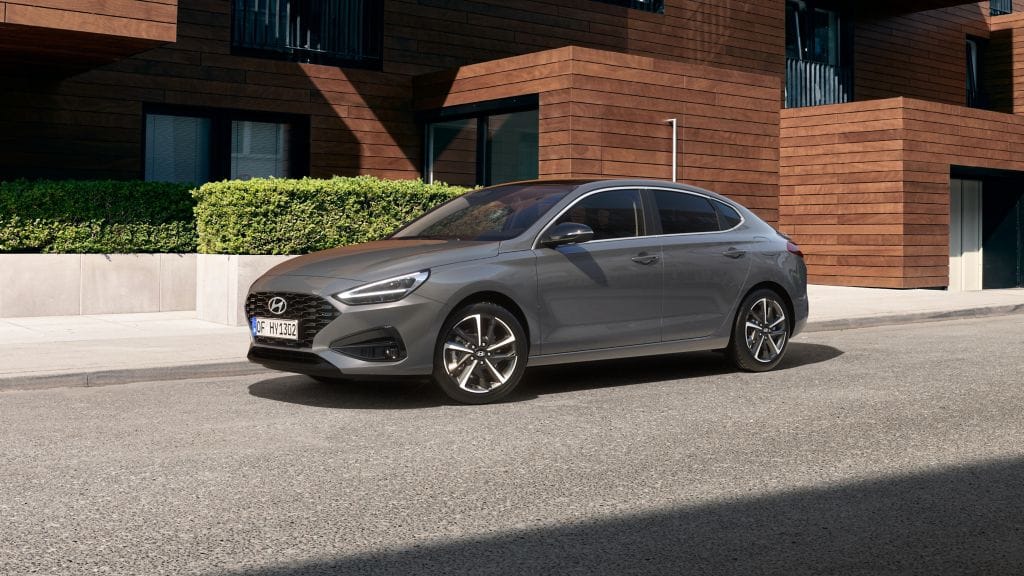
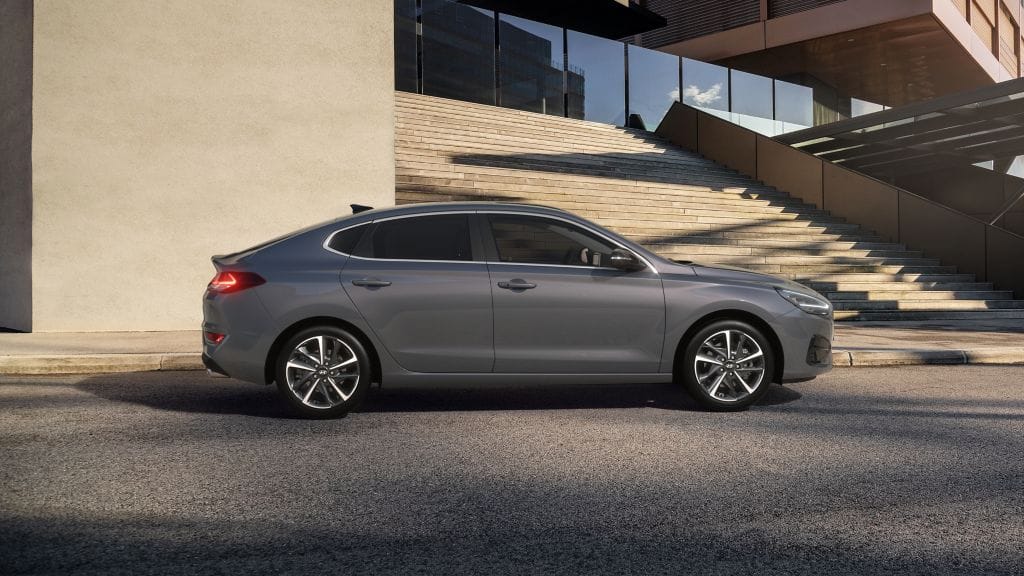
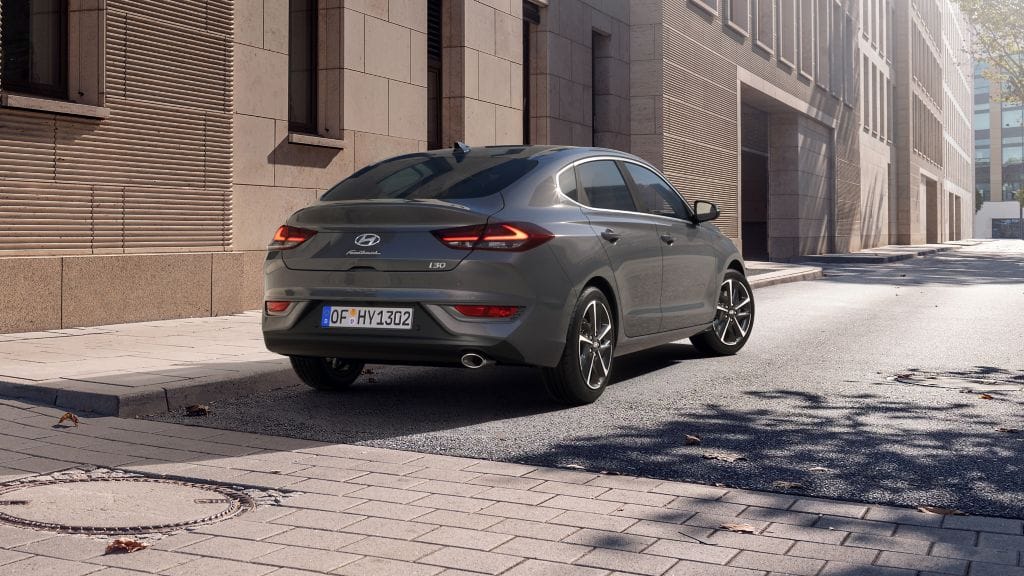
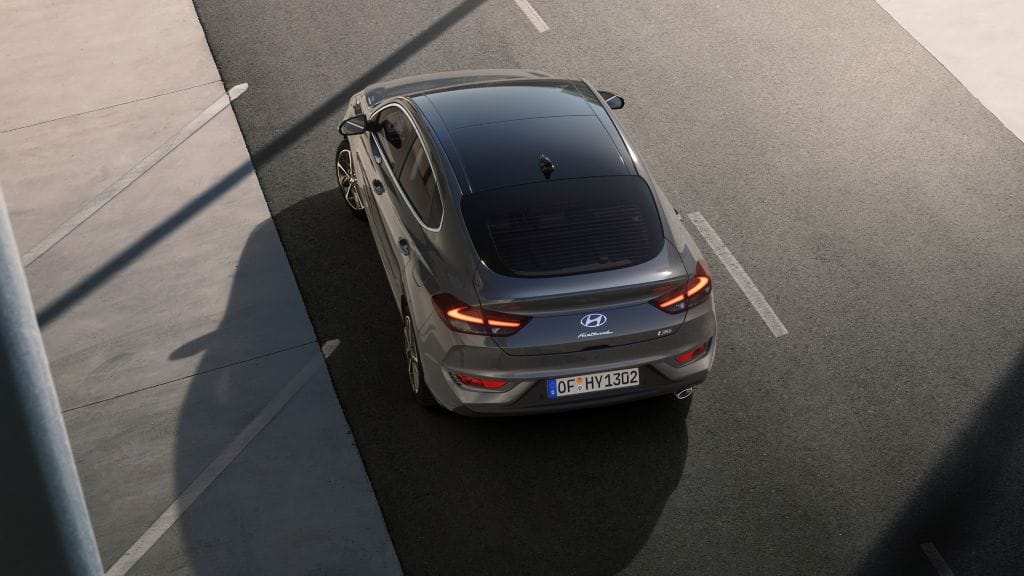
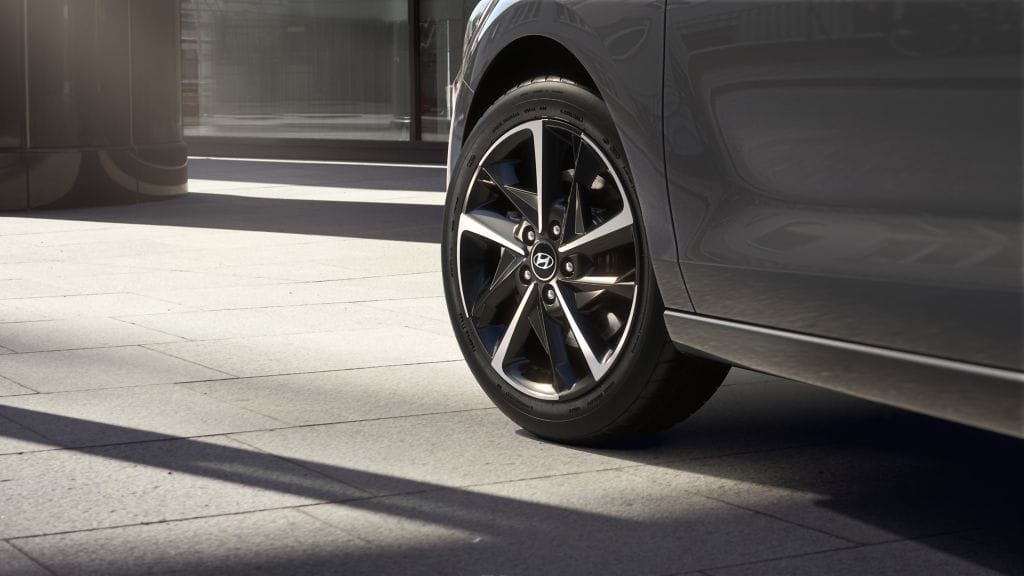
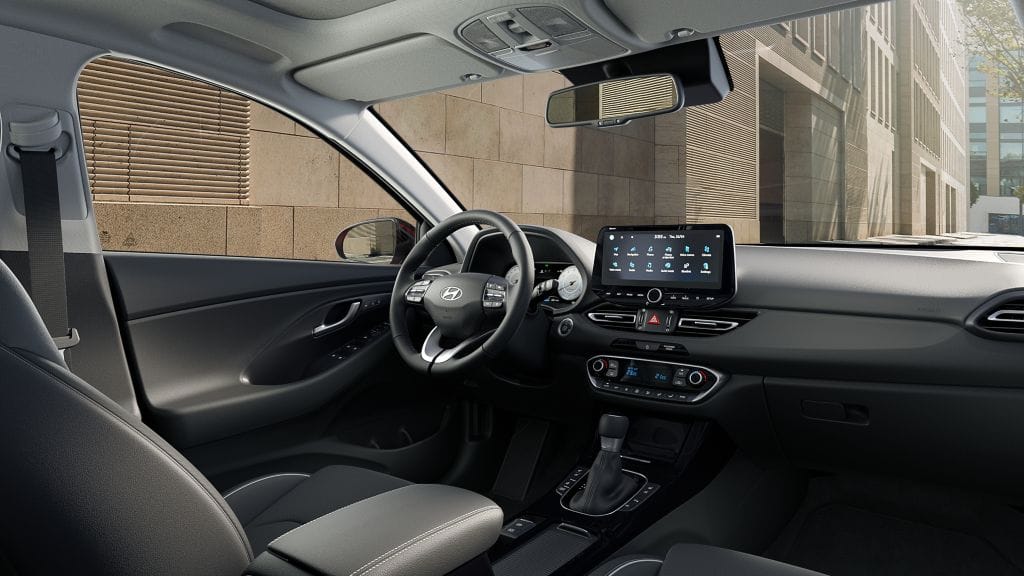
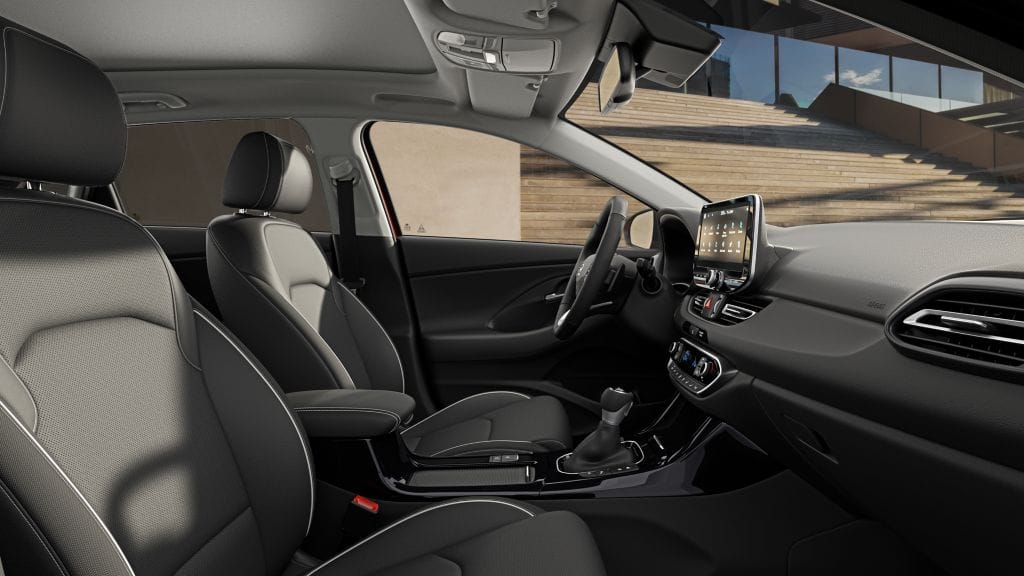
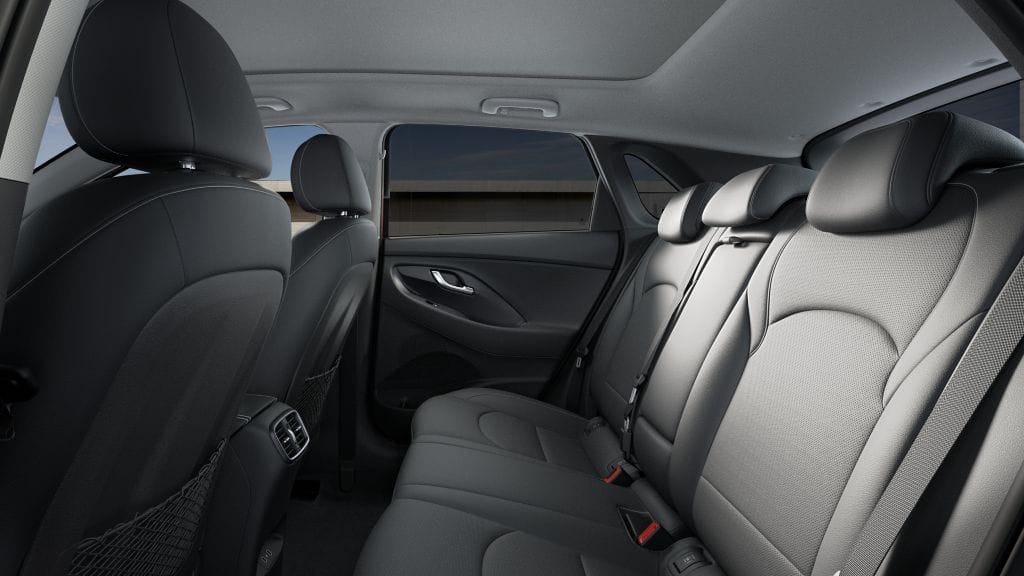
2025 Hyundai i30 Sedan
Expert Media Reviews
Score: 8.4 / 10
"Hyundai has rolled out another mid-life update to its i30 Hatch, and we tested both the warm N Line and family-friendly Sedan versions. Solid driving dynamics remain a strong point."
Link (Hatch): Read review
Link (Sedan): Read review
Link (i30 N): Read review
Score: 7.5 / 10
"A local first drive reveals a familiar, refined package, though the price climb and some older infotainment tech may disappoint."
Link: Read review
Score: 74/100
"Sharper styling and engaging dynamics keep the i30 relevant, but watch for the higher pricing in top-spec trims."
Link: Read review
Score: 8.6 / 10
"Sporty flair and an attractive cabin make the i30 N Line an appealing warm hatch choice."
Link: Read review
Score: 7.5 / 10
"A balanced package, albeit with a dual-clutch that can feel clunky in traffic. Still plenty of bang for your buck."
Link: Read review
Score: 8.3 / 10
"The i30 N remains a front-running hot hatch, with that trademark growl and adjustable handling that's perfect for enthusiasts."
Link: Read review
Score: n/a
"An overview focusing on fleet usage, praising the i30's reliability and manageable costs."
Link: Read review
Score: n/a
"John Cadogan offers his take on the i30's segment position and reliability track record."
Link: Read review
Safety Rating
Hatch:
- No separate ANCAP rating for the updated model. Previous i30 Hatches had 5-star ANCAP in older protocols (through 2024).
Sedan:
- Tested by ANCAP in 2023, scored 3 out of 5 stars.
Breakdown (from ANCAP’s 2023 rating):
- Adult Occupant Protection: 71%
- Child Occupant Protection: 81%
- Vulnerable Road User: 62%
- Safety Assist: 56%
All i30 variants come with advanced safety features like AEB, lane assist, adaptive cruise (in most trims), and blind-spot systems on higher trims.
Eco Rating
No official GreenNCAP rating for the i30. The mild-hybrid hatch and new sedan hybrid variants deliver improved efficiency, but final test data is unavailable.
Expect real-world consumption of ~5–7L/100km for the mild-hybrid or hybrid models, and ~8–9L/100km for the i30 N in spirited driving.
Reliability Rating
Owner feedback for the i30 Hatch sits around 4.1/5 (107 reviews), with about 75% positive, 9% negative, and 16% mixed.
Sedan owners rate it around 3.7/5 (3 reviews). Several recalls have been logged in Australia, including issues with fuel pumps, EGR valves, and DCT software.
Warranty: 5 years/unlimited km; roadside assistance 12 months initially, then renewed with servicing.
Cost of Ownership
Hatch:
- Service intervals: 12 months or 10,000km (turbo models)
- Capped-price servicing: Average ~$435 per visit over 10 services
Sedan (2.0 NA, Hybrid):
- Service intervals: 12 months or 15,000km
- Capped-price servicing: $1825 over 5 years (for 2.0 NA)
All i30 owners get Hyundai’s lifetime service plan, 5-year warranty coverage, and at least 12 months of roadside assist (extendable with scheduled servicing).
Buy a Hyundai i30

If you're looking to buy a new or used Hyundai i30, CarExplore can help you find the perfect match.
Find your next car with CarExplore. Find out more
Conclusion
The 2025 Hyundai i30 continues to be a cornerstone of the small-car market, catering to a broad range of tastes with body styles, powertrains, and trims aplenty.
The Hatch focuses on sporty fun in N Line or all-out N form - albeit with a higher price floor - while the Sedan remains the value champ, now offering a base model below $30k and a new hybrid for those prioritising efficiency.
Updated exterior styling and mechanical tweaks (like the mild-hybrid system in the Hatch and a CVT in the base Sedan) modernise the i30. Though some tech touches feel dated and the DCT can be finicky, there’s no denying the i30’s engaging drive, comfortable cabin, and variety of configurations.
If you’re after a versatile small car that balances affordability with refinement - and can even be had in true hot-hatch (or hot-sedan) form - the i30 remains a solid contender.
Grab a Deal
